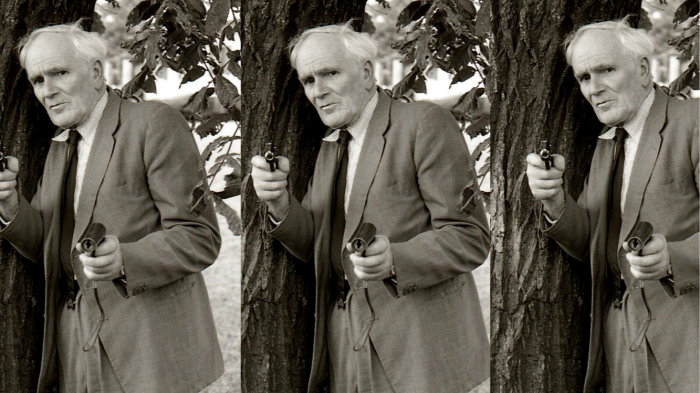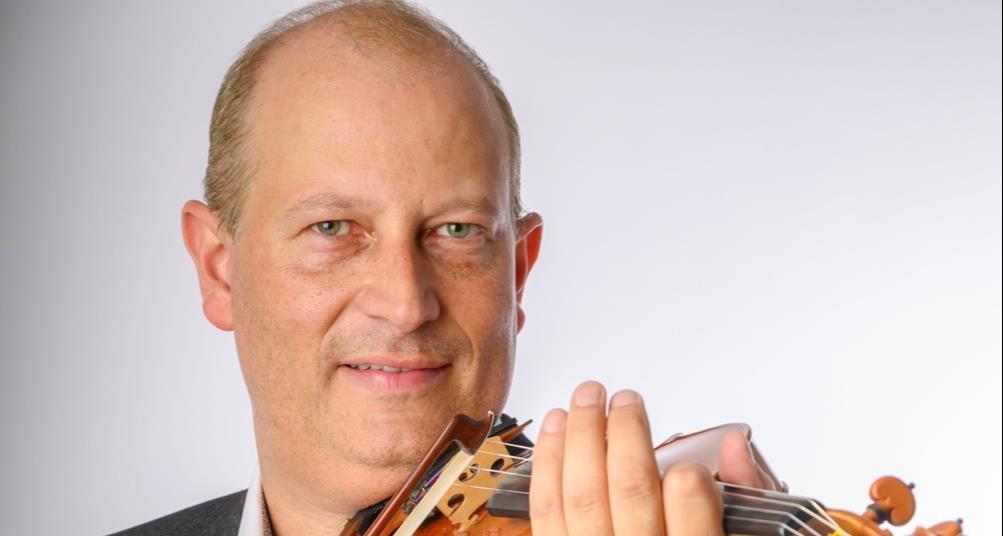Skip to Content

Skip to Content

If you have children of the appropriate age you will be familiar with the cat-obsessed Netflix show Gabby’s Dollhouse. It’s sunny, sweet and wholesome; a crafting bonanza packed with kitty catchphrases like “pawesome!” and…

The Invesco QQQ exchange traded fund — the primary vehicle for investors that want to track the technology-heavy Nasdaq 100 index — is easily the most lucrative ETF in the world.
The combination of its $385bn size and chunky 20 basis fee means that it spurts out $770mn of revenue annually, beating the SPDR S&P 500 ETF (SPY) into second place in Morningstar’s global ranking.
In fact, “Triple-Q” alone generates almost four times as much as Vanguard’s flagship S&P 500 ETF (VOO), which manages a record $774bn. The Invesco ETF’s revenues are greater than the profits of Schroders, Janus Henderson or Franklin Resources.
Its success has feathered many nests. Nasdaq was paid $205mn last year alone in licensing fees, according to QQQ’s annual report. Bank of New York Mellon, its trustee, was handed a cool $109mn. A bewildering array of US sports teams, leagues and festivals have also enjoyed a QQQ windfall, thanks to the ETF’s extensive marketing — $175mn’s worth last year alone.
But one company has notably missed out on this bonanza: Invesco. This is because of QQQ’s unusual structure as a “unit investment trust” — a relic of the ETF industry’s origin in the primordial soup of the 1990s — rather than the now far more commonplace open-ended ETF format.
Under this weird structure, any revenues left over after paying expenses such as licensing and trustee fees can only be used for marketing purposes.
This is immensely frustrating to Invesco. Given that the near-$2tn asset manager only generated net income of $538mn last year, an annual payout in line with the handouts to Nasdaq or BONY Mellon would deliver a healthy boost to its bottom line. Instead, Invesco has had to resort to selling a series of cheap knock-offs of its own flagship fund — like QQQM, QQQS, QQJG and QQMG — where it can at least pocket the full fees.
As it happens, Christmas may come two months early for Invesco, with a vote due next week that could correct this anomaly (and deliver a modest bonus for investors to boot). 🎉
This could prove such a big deal that the asset manager’s share price soared when it proposed to change QQQ’s structure.

However, let’s first take a quick look at QQQ’s genesis story and how it ended up at Invesco, before we dig into the coming vote and what it means.
The unit investment trust issue probably didn’t matter much to the creators of QQQ, Nasdaq Stock Market Inc, which launched the fund in 1999 largely as a means to promote its flagship index. (Fun fact — it wasn’t even listed on the Nasdaq exchange but on the rival American Stock Exchange, then the world leader for all things ETFy). Here’s a discussion of QQQ’s birth with its main progenitor, former Nasdaq chief marketing officer John Jacobs:
QQQ’s perambulations began in 2004 when it was licensed to Chicago’s PowerShares, then a flashy up-and-coming ETF boutique, and upped sticks to the Nasdaq exchange.
Two years later Invesco snapped up PowerShares, in the process absorbing the Qs — as some fans call it — the jewel in PowerShares’ crown with a whopping (for the time) AUM of $27bn.
Since then QQQ has became synonymous with the success of American technology stocks, and has ballooned 14x in size. It is now bigger than the entire stock markets of Thailand, Norway, Poland or Malaysia.

Invesco’s missing sponsor fee has similarly mushroomed over those years. But that could potentially soon change. On October 24, QQQ’s shareholders will vote on converting the fund into a more modern open-ended ETF.
The switcheroo would also allow QQQ to reinvest dividends prior to distribution and to engage in securities lending for the first time, both activities outlawed for unit investment trusts. As a sweetener, Invesco is also proposing to trim the fee paid by investors from 20bp to 18bp.
The biggest winner would, of course, be Invesco, which would no longer have to spaff the excess revenue on marketing, but could grab the lucre for itself, turning the Qs into a cash cow. Its filing to the Securities and Exchange Commission “to modernise and optimise” the ETF shines a light on this:
Under the Advisory Agreement any marketing of the Trust would be paid out of Invesco’s unitary fee, inherently lowering Invesco’s revenue (and potential profits).
Accordingly, although Invesco anticipates that it will continue to market the Trust to potential shareholders to the extent it believes appropriate and beneficial to both the Trust (in the form of increasing the Trust’s scale) and Invesco (in the form of increasing the assets of the Trust on which Invesco will earn a fee), Invesco will nonetheless have an embedded disincentive to do so, particularly in comparison to the Trust’s current state.
Accordingly, it is likely that the overall extent of the marketing of the Trust (and potential benefits of such marketing to existing shareholders) will decrease significantly. However, Invesco believes that at the Trust’s current size and scale, any potential negative impacts associated with less marketing of the Trust will be more than offset by the benefits realized by Shareholders through the lower expense ratio (0.18% as compared to 0.20%).
The filing says that Invesco envisages roughly halving the current marketing budget from the 5-6 basis points of assets to about 2-3 bps — or $60-100mn.
In other words, around $100mn a year will be stripped from the likes of college football, baseball, the women’s basketball Hall of Fame, financial literacy, and . . . chefs. Nor will we probably have ads like this any more:
As Invesco’s CFO Allison Dukes told a conference last month: “The marketing budget had just become so large that it’s hard to efficiently spend”. Which is a nice problem to have, but Invesco would prefer to spend the money elsewhere.
The major obstacle is ensuring that at least 50 per cent of shares are voted on October 24, which is necessary to reach quorum and change the structure.
Little wonder that Invesco has therefore peppered investors with emails imploring them to vote and retained Sodali Fund Services “to assist in any additional proxy solicitation”.
Alphaville wonders if State Street Investment Management is paying close attention. Both SPY, with its $661bn of assets, and the sister $40bn SPDR Dow Jones Industrial Average ETF Trust are among the handful of other ETFs still structured as unit investment trusts.
SPY’s annual report does reveal $81mn of marketing expenses in the past financial year, out of total expenses of $473mn. State Street has, though, already found a canny way of keeping much of the revenue in-house.
Its trustee gobbled up $232mn last year, almost half of the total. Who is that mystery trustee, you ask? Well, none other than State Street Global Advisors Trust Company.


In his childhood home, Chauncey Alexander Hollis Jr., a.k.a. multi-Grammy-winning producer Hit-Boy, loved watching the 1991 film “The Five Heartbeats,” based loosely on the legacy of Motown R&B groups. At his North Hollywood studio, Hit…

Security firm Barracuda has issued a warning to Microsoft 365 users after researchers uncovered a new Phishing as a Service (PhaaS) tool that’s being used to target millions of accounts.
Whisper 2FA steals both credentials and MFA tokens while…

Read more news stories here
The United Arab Emirates National Orchestra (UAENO) in Abu Dhabi has announced the appointment of German violinist Nicolas Koeckert as its first concertmaster, effective October 2025.
Koeckert was born in Munich and…

+++ South Korea’s only LPGA tournament takes place from October 16 to
19 for the first time at Pine Beach Golf Links +++ World-class field
led by defending champion Hannah Green (AUS) tees off +++ 78 players
compete for…